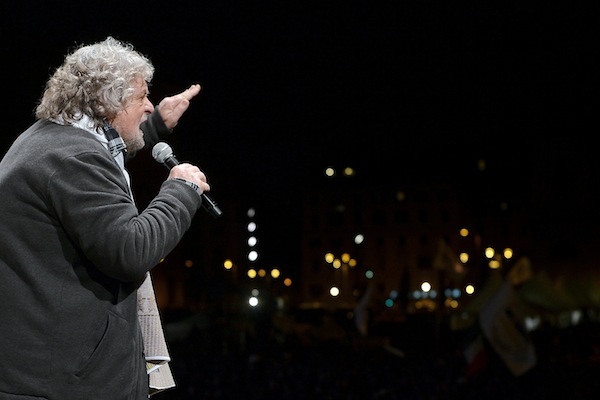It’s not a surprise that since the eurozone crisis began, support for eurosceptic parties has risen across the European Union. But behind the noise from leaders such as Nigel Farage and Beppe Grillo, how much of an impact will they have, particularly on next year’s European elections?
The party that stole the headlines in the past few weeks was Alternative für Deutschland, but compared with the rest of Europe, Germany is late to the party when it comes to eurosceptic movements. AfD belatedly provides the country with its own anti-hero party. Just 3 per cent of Germans currently intend to vote for AfD according to the latest poll, but another showed that 25 per cent would consider voting for a party advocating German withdrawal from the euro. The 5 per cent threshold needed to enter the Bundestag may yet prove too high, but it is eminently plausible that they may act as the election spoiler that forces the formation of a grand SPD-CDU coalition after September’s federal election.
If Germany is just embarking on its eurosceptic odyssey, then the recent experience of the rest of Europe suggests that support for AfD could have significantly further to rise.

Britain’s best politics newsletters
You get two free articles each week when you sign up to The Spectator’s emails.
Already a subscriber? Log in







Comments
Join the debate for just £1 a month
Be part of the conversation with other Spectator readers by getting your first three months for £3.
UNLOCK ACCESS Just £1 a monthAlready a subscriber? Log in